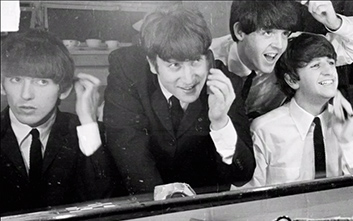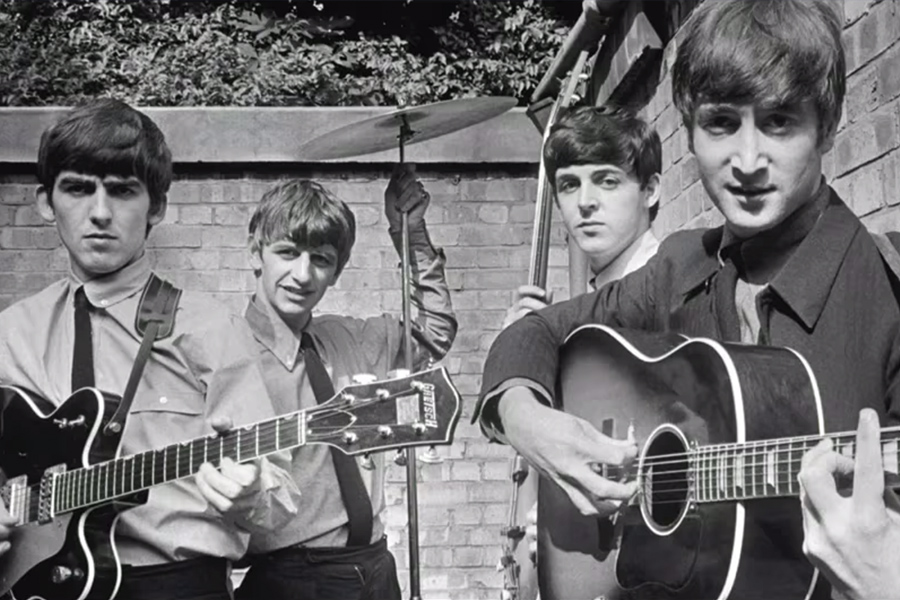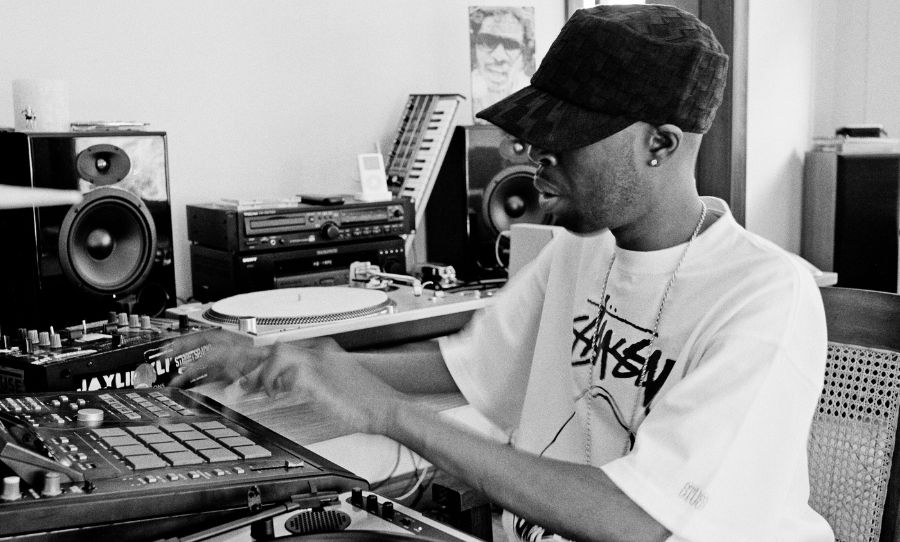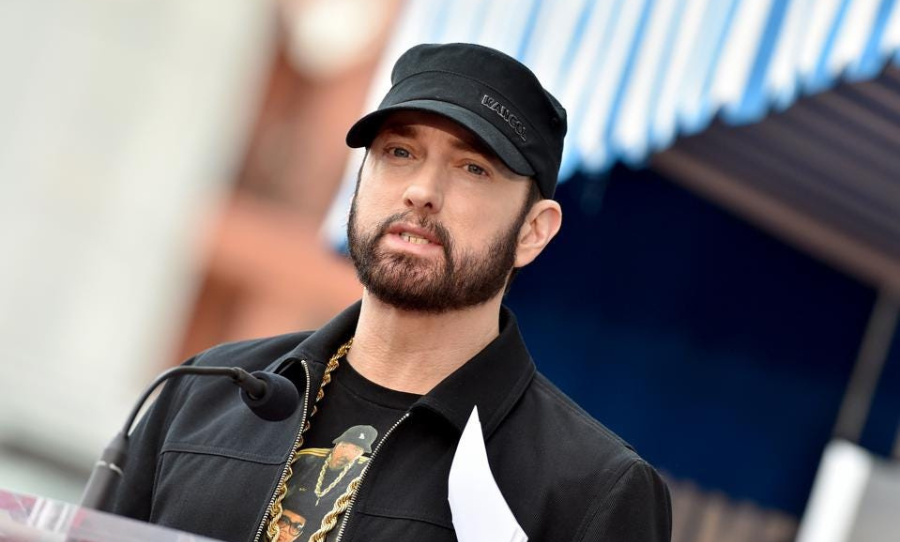Far from a stock-standard rock doc, The Beatles Eight Days A Week is a story of maturation and coming of age, pairing The Beatles’ 1962-1966 touring with a period of remarkable personal as well as musical re-negotiation.
Visually, it charters a descent into chaos, fantasy and myth, revisiting the group’s transformative change from pop sensations to rugged studio pioneers.
The Beatles Eight Days A Week chronicles the ascension of a hard rocking club band into a pop culture phenomenon.
While the film splices input from all of four Beatles living and dead, the overall perspective feels like an outsider looking in. Paul McCartney and Ringo Starr reminisce while larger than life projections of John Lennon and George Harrison serve as poignant observational counterpoints.
Each enjoys an equal share of the limelight while supporting players Brian Epstein and George Martin are also given their due. Even for long-term fans, this input deepens understanding of the band’s dynamic. Archival footage of press meetings shows not only the band at peak flippancy but also some of their most publicly vulnerable moments.
There’s little question that the orthodox image of the group as squeaky clean lads from Liverpool is the idea director Ron Howard puts forward. There’s a degree a mythologising to this, which languishes at times in nostalgia.
Darker aspects like calamitous relationship breakdowns and drug abuse are glossed over to an extent. In full focus is the Beatles’ upsurge to fame and how this tied into the broader social fabric of 1960s.
There’s a strong focus on the US. The small but significant confluence of the band’s attitude towards segregation and the civil rights movement is an interesting aside. For Aussie fans, there’s footage of the Beatles record-breaking public reception in Adelaide and a full-tilt Melbourne performance.
With a group so well chronicled as the Fab Four, Howard does admirably in not overloading on observation and fact. This balancing preserves the film as something accessible to new and casual fans. Concurrently, there are plenty of snippets and insights which will be more resonant for long-term fanatics.
Film is a visual medium and this is where Eight Days excels. Howard’s synthesising of the striking imagery of Beatlemania is probably the documentary’s strongest suite. Graphic visualisations of the violence and brutality of the quartet’s uncontainable crowds is at times lighter-hearted, but at others confronting.
Witnessing the crushing number of fans in motion evokes feelings which must have fed through to Lennon’s own controversial reflections on popularity of a messianic scale. Appreciating the mania surrounding the band on such a large scale really hammers home the gravitas of The Beatles’ fame.
Howard conveys the most unsettling aspect of life on tour, a creeping feeling of menace, a lack of control and social suffocation. Accompanying this is the unceasing hiss of white noise, a wall of droning sound generated by collective and ear-shattering shrieks of ecstatic teenage girls. This discomforting noise is a recurrent motif.
Perhaps unsurprisingly, the soundtrack is exceptional too. R&B covers and snippets of studio Beatledelica complement the more conventional back catalogue.
Listening to formative workings of Revolver and Sgt. Pepper’s Lonley Hearts Club Band era material, prior to lathering’s of studio gloss, reminds the listener that beneath all of the production wizardy the Beatles remained a song-driven rock band. Slivers of stripped-back alternative studio takes will have any Beatles audiophile hungering for a wider release.
Howard’s use of pop culture’s celebrities to humanise ‘60s Beatles fandom is a mixed bag. Connecting her own Beatles concert experiences with the actor’s relationship with her mother, Whoopi Goldberg provides some emotive gut-punch moments.
As in his own recent autobiographical work Unfaithful Music, Elvis Costello offers some interesting insight into experiencing the Beatles’ sonic evolution as a teenage fan and unpicks the philosophy of their songcraft.
In contrast, input from the likes of Eddie Izzard and Sigourney Weaver feel a little less relevant. It might leave some viewers questioning the proximity of their opinions to the central narrative.
Eight Days may not touch on the pathos of a Scorsese’s George Harrison: Living in A Material World or delve deeply into the technical detail a wealth of Beatles publications can provide, but it is one of the most visually arresting explorations of the Fab Four out there.
Reflecting and catalysing the views of the world around them, the film reinforces the notion that this was a period where the four Liverpoolians underwent remarkable change. Sonically and more personally, a radical evolution was occurring.
Zeroing in on the convergence of factors which lead to the group’s retiring from the public eye, Ron Howard leaves his own mark upon Beatles canon.




